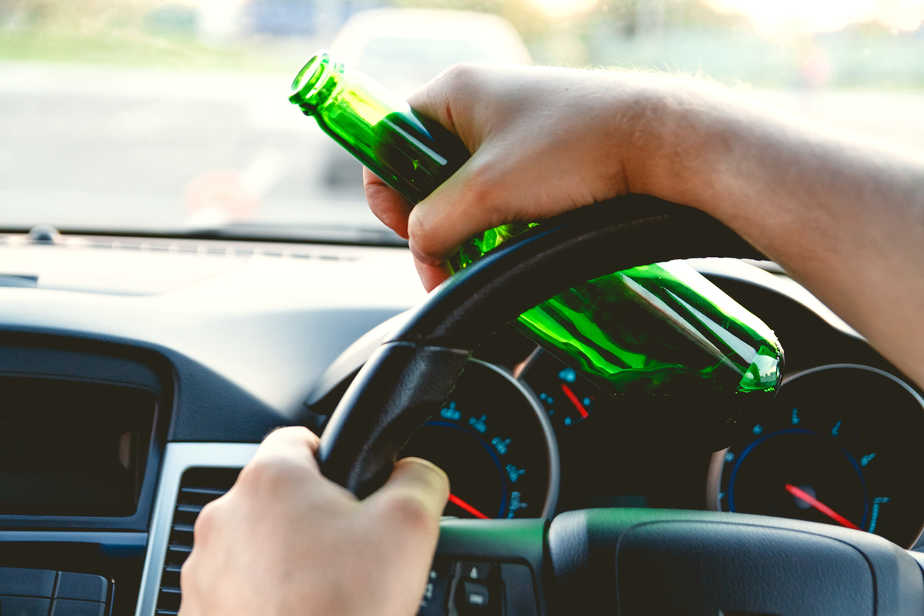Understanding The Difference Between DWI & DUI In Houston
When it comes to driving under the influence of alcohol or drugs, the laws vary from state to state. In fact, the terms DUI and DWI don’t have national definitions in the United States. There are many states where both these terms mean the same thing. On the other hand, laws relating to DWI and DUI have drastically changed in the last couple of decades due to pressure from various groups in the country. The statistics of NHTSA or the National Highway Traffic Safety Administration reveal that alcohol is involved in 16% of motor accidents in the U.S. This article provides information on DWI vs. DUI and its consequences. If you are currently facing DUI or DWI charges, you should seek professional assistance.
What Is The Difference Between A DUI And A DWI?
Most states in the country have different definitions, terms, and limits for DUIs and DWIs. Both these charges may result in severe consequences and shouldn’t be taken lightly. While a DWI and DUI conviction may vary, there are some similarities between the two.

A driver can receive a DUI without having to take a breathalyzer test in some cases – even if the driver’s BAC is below the legal limit of the state. In such a case, the charge will be based on a field sobriety test or the arresting officer witnessing erratic driving.
Is A DWI Worse Than A DUI?
In fact, a DWI is much more severe than a DUI. DWI signals a higher level of intoxication. It has severe penalties. But a first-time DWI charge could be downgraded to a DUI in some cases. Both these offenses are quite serious and may result in criminal and administrative charges such as:
- Loss of driving privileges
- Tickets, fines, and court fees
- Substance abuse or alcohol classes
- Jail time
- Community service
- Increased costs for getting vehicle insurance
- Mandatory installation of an ignition interlock device
How Does A DUI Or DWI Affect Insurance Costs?
Whether you get a DWI or DUI, it may mean significant changes for your insurance. You may have to spend hundreds more on vehicle insurance due to rate increases. This may carry on for anywhere between 3-10 years after the charge. Rate increases are the most expensive due to DWI or DUI charges.
Many states will need the driver of the vehicle to provide proof of insurance by requesting his/her insurance provider to file an SR-22 or a similar form. You can refer to the previous article to find out how to get auto insurance after a DUI or DWI. It goes into greater detail about the topic.
Are you facing a DWI or a DUI charge? Are you stressed out because you don’t know what is going to happen next? If so, you should consult a professional law firm in the area. We can assist you to alleviate the stress. Give Atty. Jim a call or contact him today and let him give you a free consultation so that you can get the help that you need.
